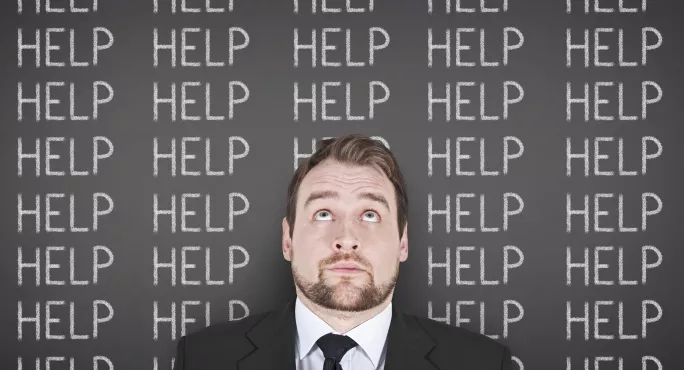Scotland’s teachers are under “immense pressure” and urgent action is needed to support their mental health, first minister Nicola Sturgeon has been told.
Conservative MSP Annie Wells, speaking at First Minister’s Questions this afternoon, said a survey this month from the Mental Health Foundation showed that most teachers felt unable to offer the right support to pupils with mental health problems - but also raised concerns about teachers’ own mental health.
The report made it clear that teachers are under “immense pressure”, said Ms Wells, with their problems compounded by a long-term fall in teachers numbers which presented “serious implications for their wellbeing”.
While Ms Wells welcomed a commitment to increase school-based counselling, she added: “However, when will we see a delivery plan for counselling and mental health training in schools - as I have repeatedly called for - and what action will be taken to drastically improve current vacancy numbers.”
Ms Sturgeon reminded Ms Wells that figures published this week showed a year-on-year rise in teacher numbers, meaning they were at their highest number since 2010. She added that primary teacher numbers are at their highest since 1980, when she was still at primary school.
The first minister also said the government was taking action to remove “unnecessary bureaucracy” and that it was providing specific resources for mental health education and “mental health first aid” training for schools.
Ms Sturgeon added: “Of course teachers still work under significant pressure and one of those pressures, of course, is dealing with young people with mental health issues - that’s why we have announced the plans to put more counsellors into schools, and also to improve training for teachers.”
She said that mental health minister Clare Haughey would set out more details and a timeline soon.
Meanwhile, it has emerged that the number of mentally-ill children treated in non-specialist wards in Scotland has risen.
The lack of psychiatric care facilities in Scotland has been blamed, after almost 100 incidents of children and young people were admitted to non-specialist adult wards, some containing criminals.
The figures come from a report by the Mental Welfare Commission for Scotland, showing 98 admissions to intensive care psychiatric units (ICPUs) designed for adults, while another five were into general paediatric wards.
After two years of falling, these figures - involving 90 children - show an increase from the 71 admissions involving 66 young people the previous year.
Colin McKay, chief executive of the commission, said: “We believe the rise may reflect capacity issues within the mental health system as a whole.
“We are also very concerned about the continued lack of intensive psychiatric care facilities in Scotland for children and young people, something we have raised for several years.”
He added: “Adult intensive care psychiatric units can often be unsuitable environments for adolescents. They are specialised environments for adults who are very unwell and present with high risk to themselves or others.
“They are also used routinely to provide care for adults who are engaged in the criminal justice system and court processes due to the security of the environment.”
Scottish health boards have a legal duty to provide age-appropriate services and accommodation.
A Scottish government spokesperson said: “We agree with the report’s recommendations to improve bed-use efficiency and the provision of intensive psychiatric care. This will be delivered as part of actions of the Mental Health Strategy 2017-2027 and the Child and Young Person’s Mental Health Taskforce.”
The spokesperson added: “A new national secure child and adolescent psychiatric inpatient facility will be built by NHS Ayrshire and Arran with an intended opening date of late 2020.”




